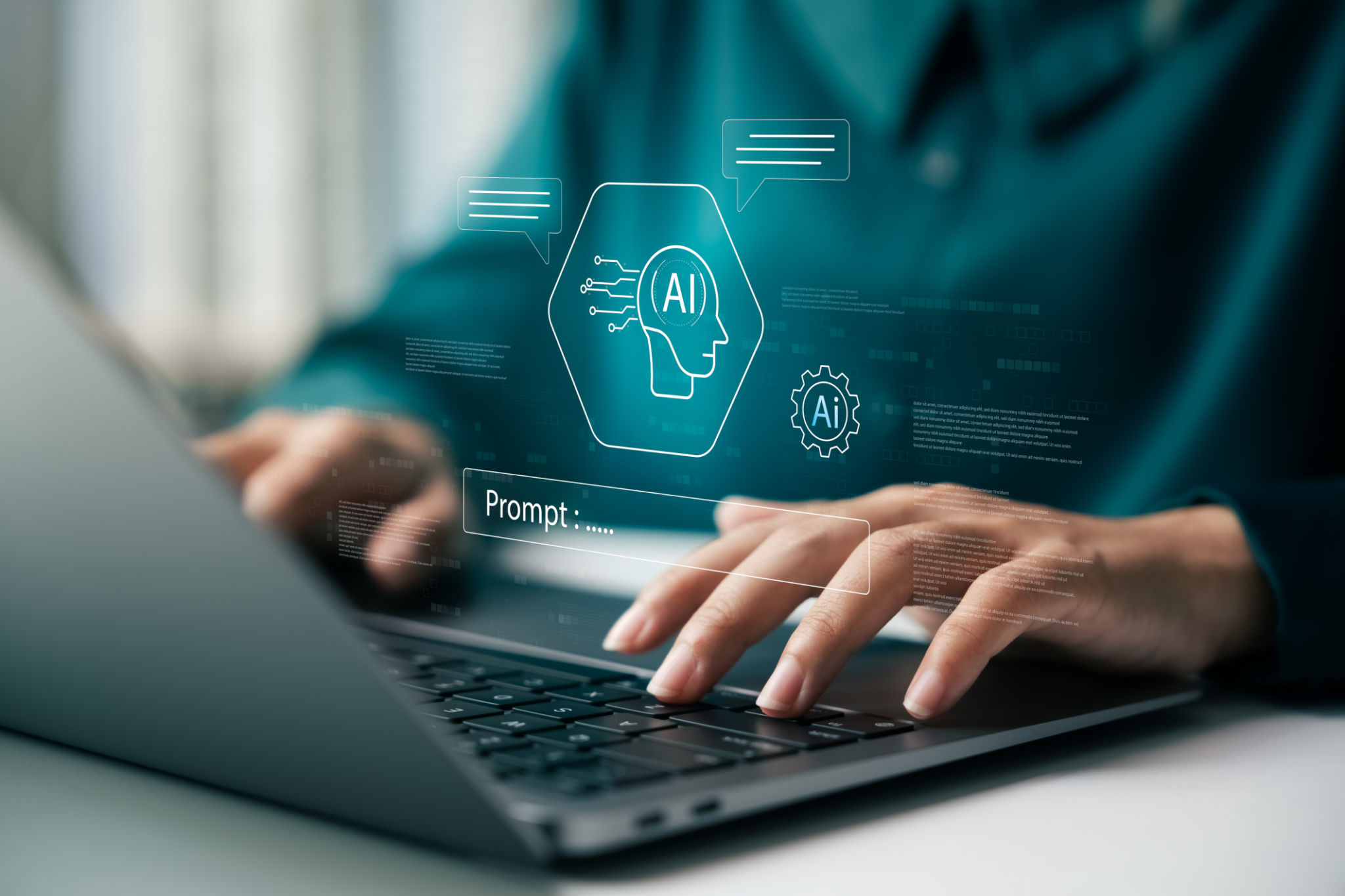Harnessing AI for Problem Solving: A Comprehensive Guide
Understanding AI in Problem Solving
Artificial Intelligence (AI) has become a game-changer in the field of problem-solving, offering innovative solutions to complex challenges. By leveraging AI, businesses and individuals can enhance decision-making processes, streamline operations, and improve efficiency. This guide explores how AI can be harnessed to tackle a variety of problems, providing a comprehensive look at its applications and benefits.
AI systems are designed to mimic human cognitive functions, allowing them to process vast amounts of data and identify patterns that might otherwise go unnoticed. This capability is crucial when addressing issues that require rapid analysis and decision-making. Whether you're dealing with logistical challenges or customer service inquiries, AI can offer a new level of insight and responsiveness.

Key Applications of AI in Problem Solving
Data Analysis and Insights
One of the most significant benefits of AI is its ability to analyze large datasets quickly and accurately. By employing machine learning algorithms, businesses can uncover valuable insights that drive strategic decisions. AI can predict trends, identify correlations, and suggest optimal courses of action, making it indispensable for data-driven industries.
Automation of Routine Tasks
AI excels at automating repetitive tasks, freeing up human resources for more complex activities. For instance, in the manufacturing sector, AI-powered robots can perform assembly line tasks with precision and consistency. In customer service, chatbots can handle routine inquiries, providing instant support and improving customer satisfaction.

Enhancing Creativity and Innovation
AI is not only about efficiency; it also plays a crucial role in fostering creativity and innovation. By analyzing vast amounts of information, AI can inspire new ideas and approaches. In fields like art and design, AI tools can generate creative concepts that push the boundaries of traditional thinking.
Moreover, AI can simulate various scenarios to test ideas before implementation. This capability reduces risks and accelerates the innovation process, allowing companies to experiment with new strategies without significant investment.

Challenges and Considerations
While AI offers numerous advantages, it's essential to consider potential challenges. Data privacy and security are paramount concerns, as AI systems often require access to sensitive information. Ensuring that these systems operate within ethical guidelines is crucial for maintaining trust and integrity.
Additionally, the implementation of AI demands significant investment in technology and training. Businesses must be prepared to upskill their workforce to effectively integrate AI into their operations. This transition requires careful planning and a clear understanding of organizational goals.
The Future of AI in Problem Solving
The future of AI in problem-solving looks promising as advancements continue to emerge. As AI technologies evolve, they will become even more adept at tackling intricate issues across various domains. From healthcare to finance, the potential applications are vast and continually expanding.
By embracing AI, organizations can position themselves at the forefront of innovation, ready to adapt to an ever-changing landscape. As we look ahead, it's clear that AI will remain a pivotal force in shaping how we approach problem-solving in the digital age.

